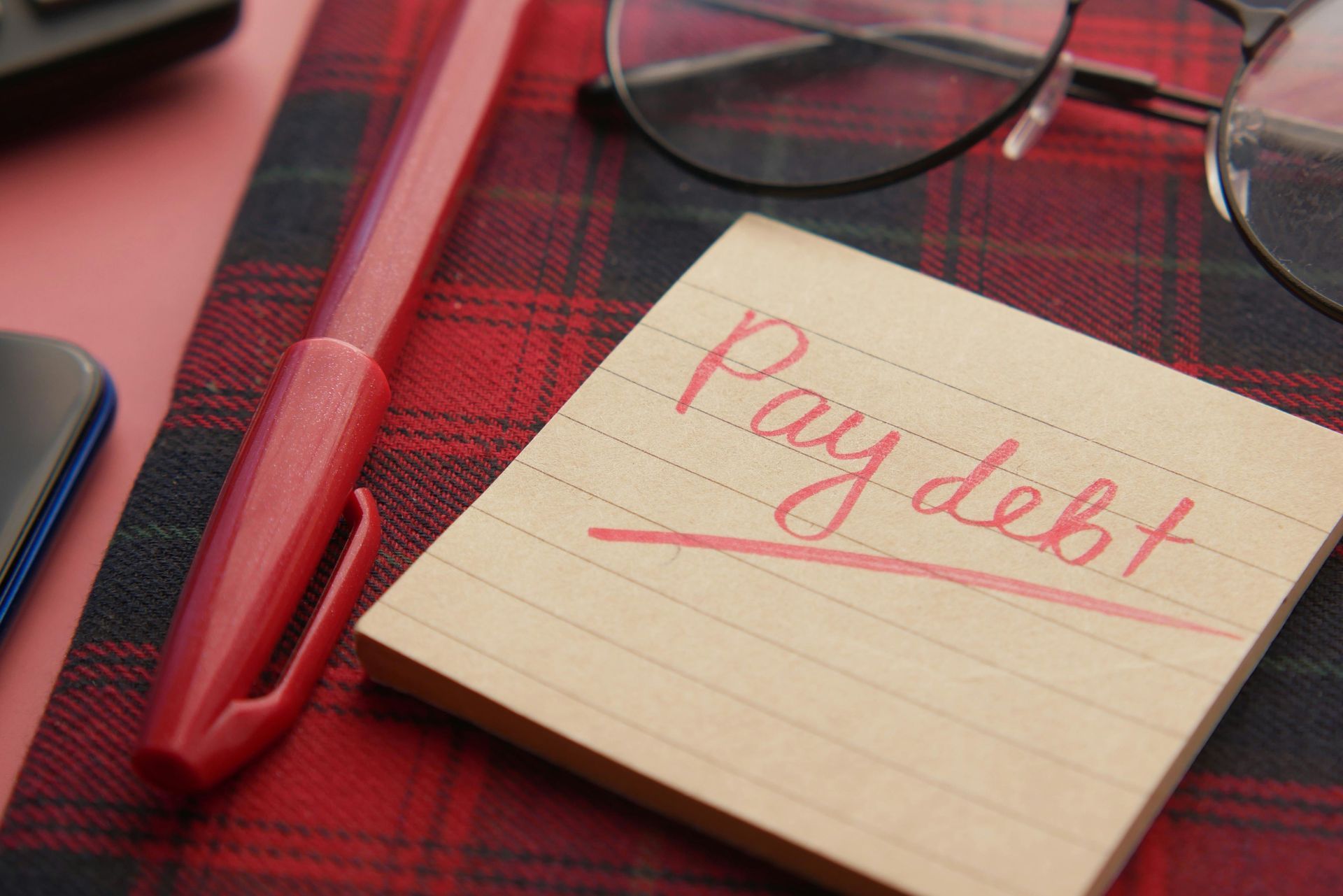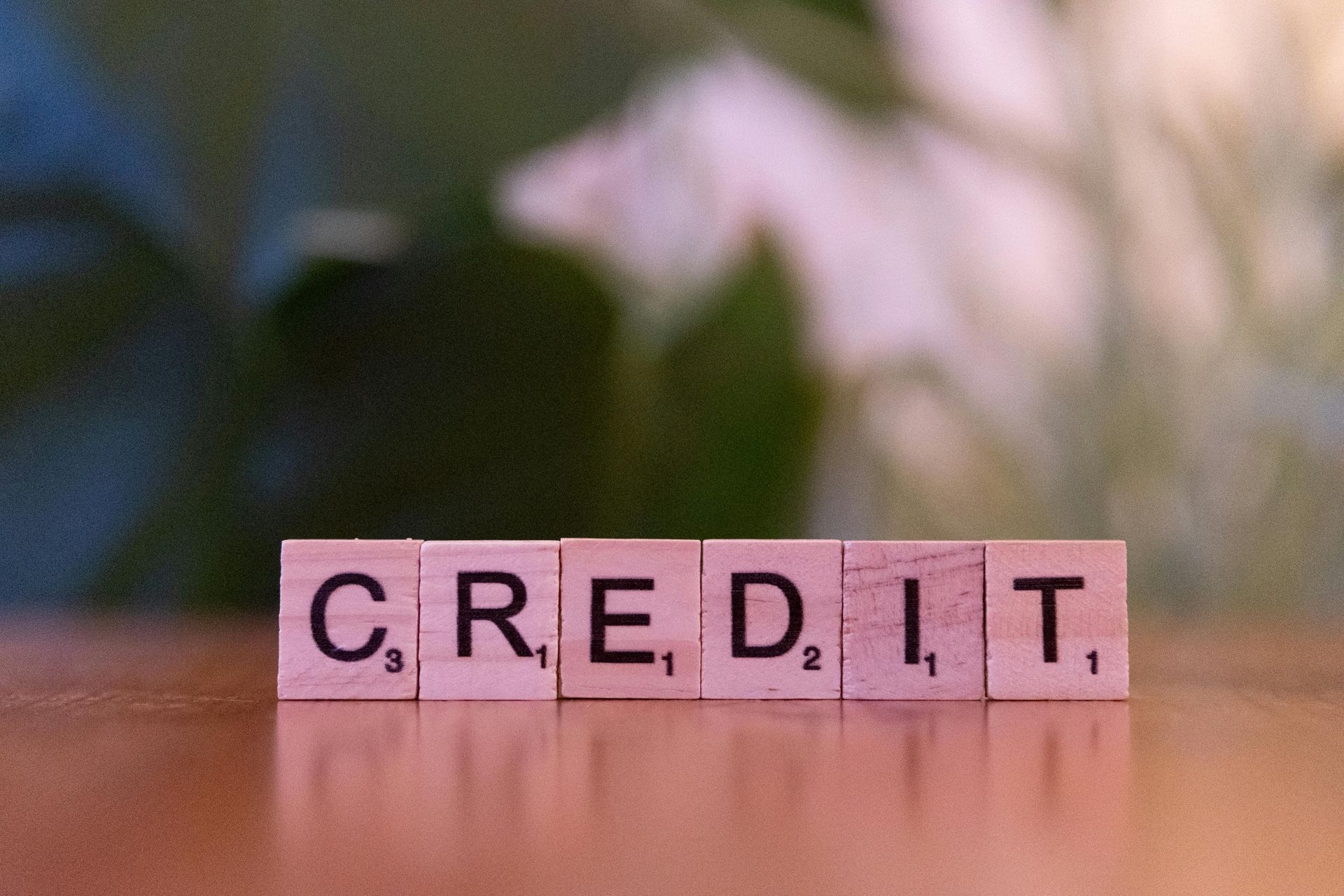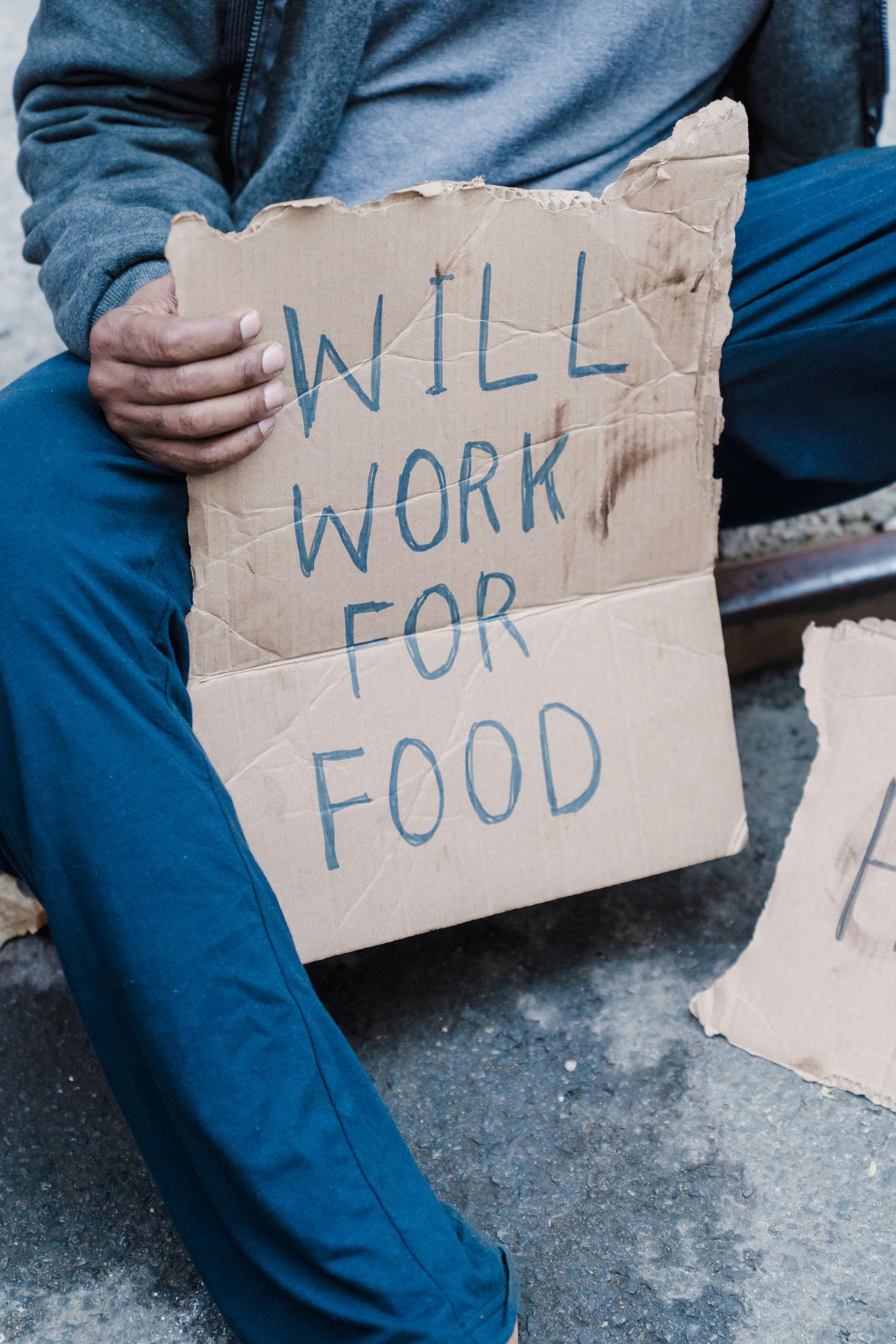What Happens If You Miss Student Loan Payments Multiple Times
Missing a student loan payment can feel overwhelming, especially when juggling multiple financial responsibilities. Understanding the consequences of late student loan payments is important for protecting your financial future. The impact extends beyond late fees and can affect your credit score, loan status, and long-term financial health.
If you don't pay your student loans, what happens next depends on your loan type, how long payments remain unpaid, and whether you take action. Federal and private student loans have different policies and consequences. Knowing what to expect helps you make informed decisions, seek expert counseling for your next course of action, and minimize damage to your financial standing.
This guide walks through the progression of missed payments, from the first late payment through default, provides practical information about your options when you can't pay student loans, and identifies possible avenues for help with your student loan debt.
Key Takeaways
- A late student loan payment becomes delinquent after just one day, though most lenders provide a grace period before reporting to credit bureaus.
- Federal student loans enter default after 270 days of non-payment, while private loans may default much sooner, sometimes after just 90 days.
- Missing payments damages your credit score, making it harder to qualify for mortgages, car loans, credit cards, and even some jobs or housing.
- Student loan forbearance and other repayment options can provide temporary relief when you're struggling to make payments.
- Taking action early is important because more options are available before your loan enters default status.
- Defaulted loans can result in wage garnishment, tax refund seizure, and legal action without requiring a court judgment for federal loans.
The Timeline of Missing Student Loan Payments
Understanding what happens if you miss a student loan payment requires knowing the timeline of delinquency. Student loans don't immediately go into default after one missed payment. There's a progression that unfolds over several months, with increasingly serious consequences at each stage.
| Days Past Due | Status | Consequences |
|---|---|---|
| 1-30 days | Delinquent | Late fees may apply; servicer may contact you |
| 30-90 days | Seriously Delinquent | Credit reporting begins; more frequent contact from servicer |
| 90-270 days (Federal) | Severely Delinquent | Continued credit damage; collection efforts intensify |
| 270+ days (Federal) | Default | Entire balance due; wage garnishment; tax refund offset |
When you're late on student loan payments by just a few days, your loan servicer will typically send reminders and may assess late fees. Most federal loan servicers don't report late payments to credit bureaus until you're 90 days past due, giving you time to catch up. However, you're still technically delinquent from day one, and late fees can accumulate.
Private student loans often have stricter timelines. Some private lenders may report late payments after just 30 days, and the path to default can be much shorter. The answer to "when does student loan payment start being reported" depends on whether you have federal or private loans.
Impact on Your Credit Score and Financial Health
One of the most significant consequences of missing student loan payments is damage to your credit score. Your payment history accounts for a substantial portion of your credit score calculation, and even one late payment can cause your score to drop significantly. The longer payments remain unpaid, the more severe the impact becomes.
A late student loan payment that gets reported can reduce your credit score anywhere from a few points to over 100 points, depending on your starting score. This damage can persist for years, as negative marks remain on your credit report for seven years from the date of the first missed payment.
The ripple effects of a damaged credit score extend far beyond just borrowing money:
- Housing applications: Landlords often check credit scores when screening tenants, and a low score could result in rental denials or larger security deposits.
- Employment opportunities: Some employers, particularly in financial services or positions requiring security clearances, review credit reports during hiring.
- Insurance premiums: Insurance companies may use credit-based scores to determine premiums, making your car and home insurance more expensive.
- Mental health impact: Constant calls from servicers, worry about legal consequences, and managing other obligations while dealing with delinquent loans can take a toll on your well-being.
What Default Really Means and Its Consequences
If you're asking, "If I don't pay my student loans, what happens?" the answer is eventual default, which represents the most serious stage of non-payment. For federal student loans, default occurs after 270 days of non-payment. Private student loans may enter default much sooner, sometimes after just 90-120 days.
When a federal student loan enters default, the entire remaining balance becomes immediately due. The loan is typically transferred to a collection agency, and collection costs of up to 25% may be added to what you owe.
Default triggers several serious consequences:
- Wage garnishment: The federal government can automatically deduct up to 15% of your disposable income from your paycheck without a court judgment.
- Tax refund and benefit seizure: Tax refunds and Social Security benefits can be seized through offset.
- Loss of federal aid eligibility: You lose eligibility for additional federal student aid, deferment, forbearance, and repayment plans, making you ineligible for future federal financial aid programs.
- Professional and legal consequences: Professional licenses in some states may be affected, and private lenders can pursue lawsuits seeking judgments against you.
Options When You Can't Pay Student Loans
If you can't pay student loans, taking action before you miss payments is always better than waiting. Federal student loans offer several programs designed to help borrowers who are struggling financially.
Income-Driven Repayment Plans
These plans adjust your monthly payment based on your income and family size, potentially reducing your payment to as low as zero dollars per month. Available plans include:
- Income-Based Repayment (IBR): Caps payments at 10-15% of discretionary income
- Pay As You Earn (PAYE): Limits payments to 10% of discretionary income
- Revised Pay As You Earn (REPAYE): Similar to PAYE with different eligibility
- Income-Contingent Repayment (ICR): Based on income, family size, and total loan amount
Student Loan Forbearance
This option allows you to temporarily stop making payments or reduce your payment amount for up to 12 months at a time. Interest continues to accrue during forbearance, which means your balance will grow. However, forbearance can be valuable when facing short-term financial hardship.
Deferment
Deferment allows you to temporarily postpone payments. Subsidized federal loans don't accrue interest during certain types of deferment, such as while enrolled in school at least half-time, during unemployment, or during economic hardship.
Options for Defaulted Loans
If your loan is already in default, you still have options:
- Loan rehabilitation: Make nine voluntary, reasonable, and affordable monthly payments within 10 consecutive months. Successfully completing rehabilitation removes the default notation from your credit report.
- Loan consolidation: Combine your defaulted loans into a new Direct Consolidation Loan, which brings the loan out of default but doesn't remove the default history from your credit report.
Differences Between Federal and Private Student Loans
"What happens if I miss a loan payment?" The answer varies significantly depending on whether you have federal or private student loans. Federal loans come with more protections and flexible repayment options. Private loans operate more like traditional consumer debt with fewer safety nets.
Federal student loans offer income-driven repayment plans, generous deferment and forbearance options, and the possibility of loan forgiveness through programs like Public Service Loan Forgiveness. The timeline to default is longer (270 days), giving you more time to address payment problems.
Private student loans generally have fewer options when you're struggling. Some private lenders offer hardship programs or forbearance, but these aren't guaranteed and vary by lender. The timeline to default is often much shorter, sometimes as brief as 90 days. Private lenders must obtain a court judgment before garnishing wages, unlike federal loans, but they can pursue lawsuits more aggressively.
If you have both federal and private loans, prioritize keeping your federal loans current if you can only afford to pay some loans. Federal loans offer more options for managing financial hardship.
Steps to Take If You've Missed Payments
If you've already missed one or more student loan payments, taking immediate action can help minimize the damage. The longer you wait, the fewer options you'll have and the more serious the consequences become.
Immediate Actions to Take
- Contact your loan servicer immediately: Explain your situation honestly and ask about available options. Have information ready about your income, expenses, and what you can realistically afford to pay.
- Make a payment if possible: Even partial payments demonstrate good faith and reduce the total amount you're behind.
- Review and adjust your budget: Identify areas where you might free up money for student loan payments through cutting spending, increasing income, or adjusting other financial priorities.
For Defaulted Loans
If your loans are already in default, you have specific options:
- Research rehabilitation options: This is often preferable because it removes the default from your credit report
- Consider consolidation: May be necessary if you need to resolve the default quickly to address wage garnishment
Getting Professional Help
Consider seeking help from a nonprofit credit counseling agency. These organizations provide free or low-cost advice about managing your student loans. In more complex situations, particularly if facing lawsuits or aggressive collection actions, consulting with a
student loan debt lawyer may be helpful to understand your legal rights. Be cautious of for-profit debt relief companies that charge high fees for services you can access from your loan servicer for free.
Frequently Asked Questions
How long before a missed student loan payment affects my credit score?
Most federal loan servicers don't report late payments to credit bureaus until you're 90 days past due, though you're technically delinquent from day one. Private lenders may report late payments sooner, sometimes after just 30 days, depending on their policies.
Can I get my student loans out of default?
Yes, you can bring defaulted federal student loans out of default through loan rehabilitation (making nine affordable payments in 10 months) or consolidation. Rehabilitation removes the default from your credit report, while consolidation resolves the default but keeps the history visible.
What's the difference between forbearance and deferment?
Both allow you to temporarily stop or reduce payments, but deferment may prevent interest from accruing on subsidized federal loans, while interest always accrues during forbearance. Eligibility requirements also differ, with deferment typically requiring specific circumstances like enrollment in school or unemployment.
Will my wages be garnished if I don't pay my student loans?
Yes, federal student loans can result in wage garnishment of up to 15% of your disposable income without a court judgment after default. Private student loan lenders must obtain a court judgment before garnishing wages, but they can pursue legal action.
How do I know when does student loan payment start after I graduate?
Most federal student loans have a six-month grace period after you graduate, leave school, or drop below half-time enrollment before payments begin. Private loans may have different grace periods or none at all, so check with your lender for specific details about your loan.
Final Thoughts
Missing multiple student loan payments creates a cascade of financial consequences that can affect your life for years. From damaged credit scores to wage garnishment and loss of federal benefits, the impact extends far beyond just owing money. However, understanding the timeline of delinquency and default, knowing the difference between federal and private loans, and being aware of available options can help you navigate this situation effectively.
The most important action is to address payment problems before they become unmanageable. Whether that means enrolling in an income-driven repayment plan, requesting forbearance during hardship, or rehabilitating a defaulted loan, options exist at every stage. The key is taking action quickly and maintaining communication with your loan servicer.
Your student loans represent an investment in your education and future earning potential. While the burden of repayment can feel overwhelming, resources and programs exist to help you manage this debt responsibly. Taking control of your student loan situation today puts you on a path toward financial stability and protects your ability to achieve other important financial goals.
Struggling with defaulted student loans? Learn how to deal with them and explore your options with us!
References:
https://studentaid.gov/manage-loans/default
https://studentaid.gov/manage-loans/repayment/plans/income-driven
https://studentaid.gov/manage-loans/forgiveness-cancellation/public-service










